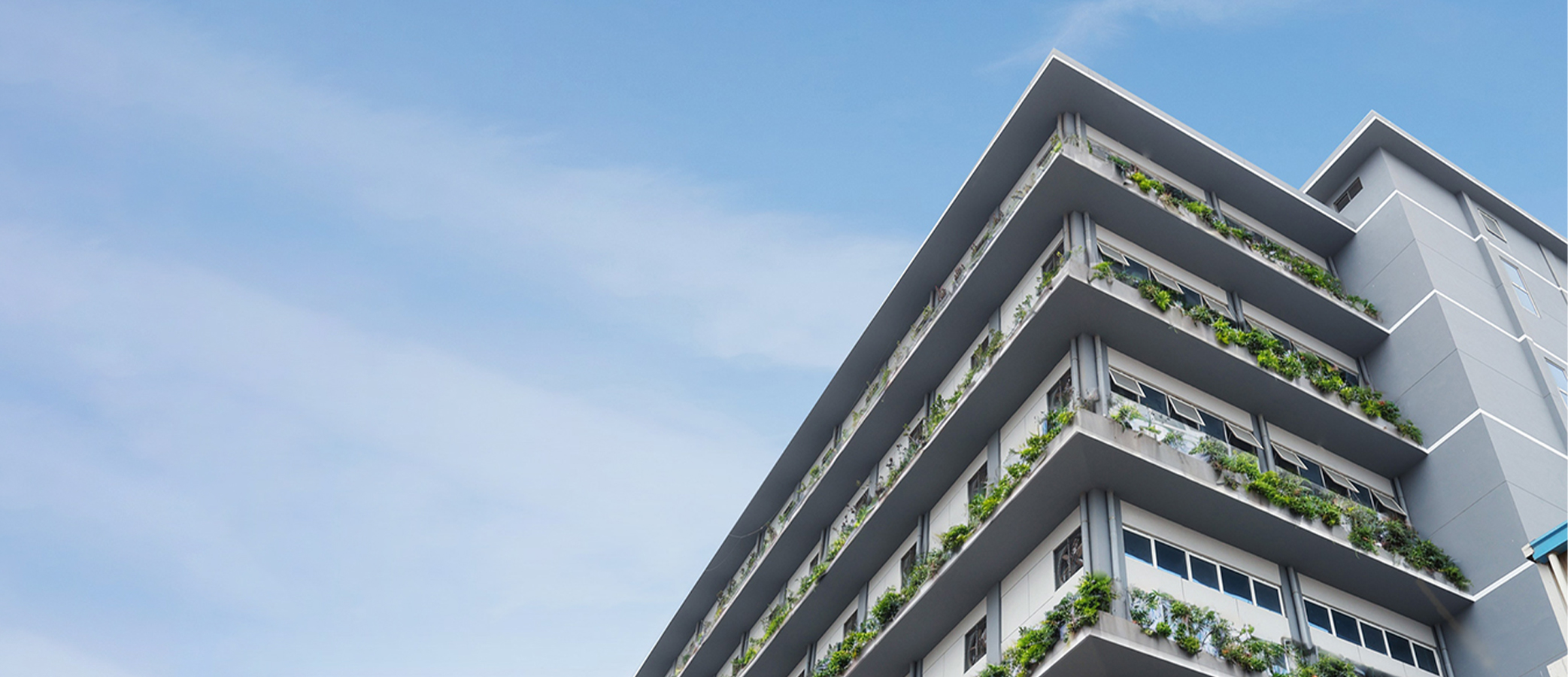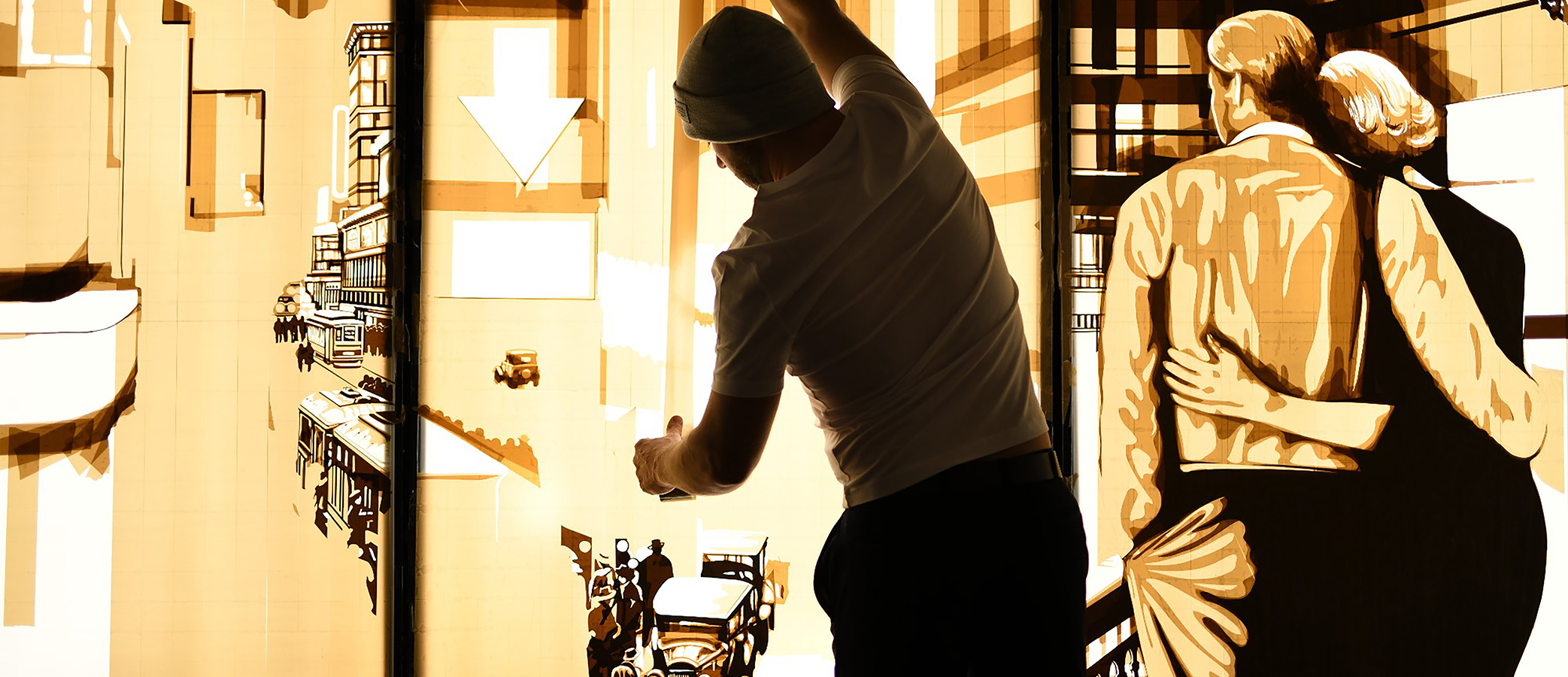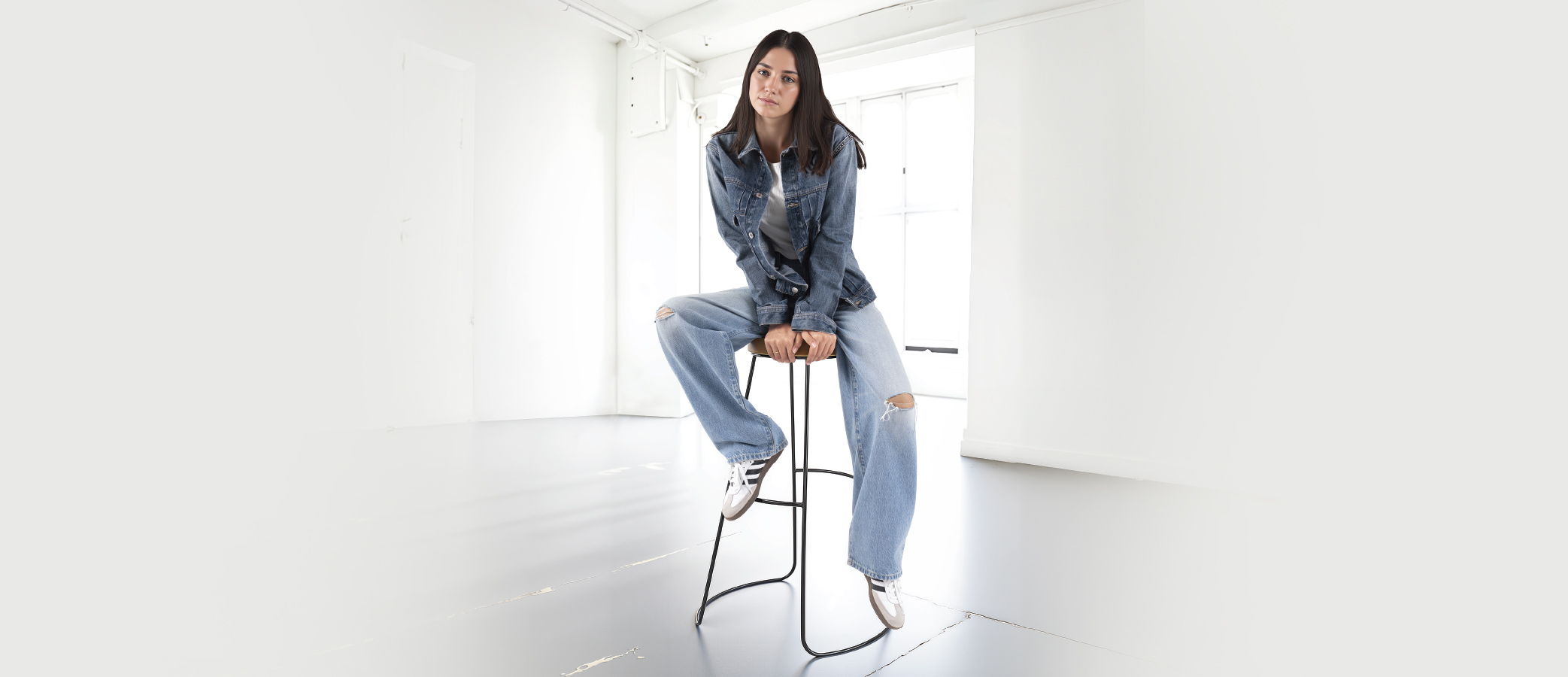
Q. Can you briefly introduce yourself?
A. I’m a director at AGI Denim. I’ve been a part of the business for about a year and a half now. I joined in the summer of 2017, after moving back from the UK.
Q. What aspects of the company are you involved in?
A. When I joined, I immediately took a deep dive into the workings of how the marketing departments work. I slowly went onto discover how other systems in the company work, including the manufacturing process. Production was always on the back end of my priorities so I never sort of delved into it. But a year on, I feel that I’m starting to get the entire picture.
Q. Why is sustainability something that AGI Denim wants to focus on?
A. Well, because sustainability is not just a concept that should be used as a marketing tool. It’s something that a company has to incorporate within their processes, their ethos and the way they work. Because it’s something that will help you in the long run. It’ll help you stay ahead of the game, clean your processes and function in the most efficient and cleanest way possible. It’ll also help you marginalize your cost in the long run. So while in the short run, it may seem expensive and increase your cost in some ways, in the long term if it can make you clean in your practices, then it’s something that every industry should adopt.
Q. And AGI Denim is willing to invest in sustainability?
A. Yes, and they have in the past as well. We’ve always believed in having the way we work be clean and transparent. We define sustainability as working in the most efficient way possible; that we don’t leave a footprint. So whether that be minimizing harmful chemicals or using recycled materials, it’s something that allows us to prolong our life in this industry.
Q. How does sustainability tie into the company’s long term vision?
A. For us, sustainability isn’t a side project, it’s something that ties into every aspect of our work, our daily routines, our processes and manufacturing. Everything should have sustainability as an element in the way it works.
Q. What steps has the company taken so far to achieve that vision?
A. It dates back to 2006, about 12 years ago, when we set up the first waste water treatment plant. We did it back when it wasn’t a buyer requirement. From then on, we spiraled into setting up a shredding plant — the first of its kind in our country— that allowed us to recycle cotton and denim jeans.
Recycled cotton allows us to save so much water that’s used in the actual growing process of cotton. We’re big advocates of the reuse and recycle concept. In each process we’ve tried to recycle the amount of energy we use. For example, on our production floors you’ll find air conditioners but they’re not using fresh energy, they’re using recycled thermal energy from our generators. We also work towards efficient buildings; the facility we’re in is LEED (Leadership in Energy Efficiency) Gold certified and we’re actively working to achieve LEED platinum for our new unit by the end of this year.
Recycling water is something a lot of companies aren’t doing. We’re in the process of scaling up our recycle percentage so that 50 percent of the water we use is recycled. We’re essentially trying to continuously close the loop in every manufacturing process and incorporate reuse and recycle into every aspect of the company.
Q. There was also a blanket project that you carried out. Can you tell me more about that?
A. Yes, the blanket project was last year. The winter months had gotten severe and the cold was definitely a lot more intense compared to the previous years. We felt we had a responsibility to look after the people who were on the roads and were sleeping without proper warmth. We decided to up-cycle our denim wastage and create blankets out of that, distributing them to those who needed them.
Q. How have you incorporated sustainability into the products you export?
A. I think the biggest aspect is the recycled cotton. If I break down the denim jean, it has three key elements that produce the bulk of this waste key; the fiber, fabric and finish. Through recycled cotton, zero discharge dyeing and high use of lasers, we have managed to address each wasteful area, to produce every jean in the least impactful way.
Q. Are there any buyers that require fully sustainable products?
A. Yes, we have been using fully sustainable, completely vertical solutions for certain buyers. Most of our buyers require us to use certified cotton. A large number of them also want us to use a certain percentage of recycled cotton for which we can provide all certifications such as Okotex, GRS etc.
Q. What does Artistic mean to you?
A. For me, when you put that name on something, it’s a big responsibility. It carries a lot of weight in terms of what the product should entail; it should ascertain certain aesthetics, be to a certain quality standard and should stand out from the others. It also certifies that the product has been made responsibly, through the best manufacturing process.
Q. What comes after 2020? Where would you like to see the company in the coming decade?
A. I would like the company to make its mark on the map for being an organization that involves good practices because every individual in the company believes that’s the way to go. I would like each individual within the company to believe in this ethos, to incorporate that in their lives, within their work parameters, as well as outside. I think each and every person here has a responsibility to leave something behind. That’s something that our company and our board of directors really believe in. Within our vicinity we have so much that’s going wrong, I think we should stand out and be role models for others in Pakistan.




